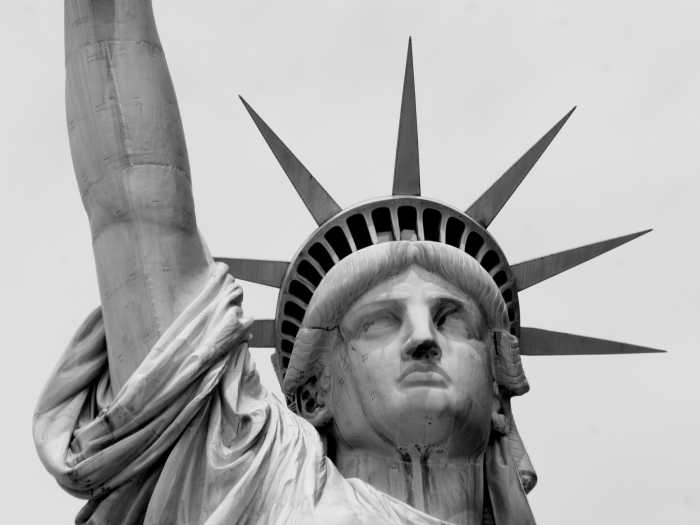
In a significant policy shift, the U.S. government has intensified its scrutiny of visa applicants’ social media activity. Under directives from Secretary of State Marco Rubio, consular officers are now instructed to evaluate applicants’ online presence, with a lack of social media activity potentially serving as grounds for visa denial.
Key Points:
- Mandatory disclosure: Visa applicants are required to provide information about their social media accounts used in the past five years.
- Public profiles encouraged: Applicants may be asked to make their social media accounts public to facilitate review.
- AI monitoring: The “Catch and Revoke” initiative employs artificial intelligence to monitor social media for content deemed supportive of terrorist organizations, leading to potential visa revocations.
- Impact on students: International students, particularly those applying to institutions like Harvard, are under increased scrutiny.
- Legal and ethical concerns: Critics argue that these measures infringe on privacy and free speech rights, with legal challenges anticipated.

Recommendations for applicants:
- Audit your online presence: Review and, if necessary, clean up your social media profiles to ensure they reflect a neutral stance.
- Be transparent: Accurately disclose all social media accounts used in the past five years.
- Seek guidance: Consult with immigration experts or legal advisors to navigate these new requirements effectively.
As the U.S. tightens its visa policies, maintaining a transparent and appropriate online presence has become more crucial than ever for prospective applicants.



